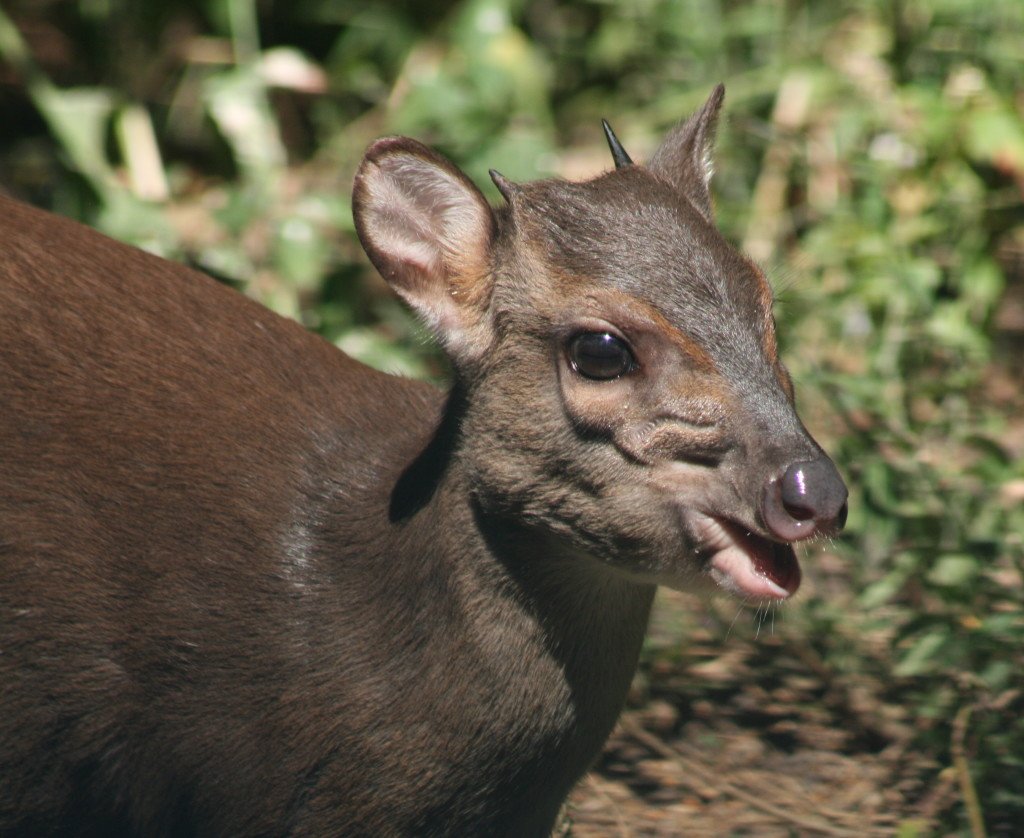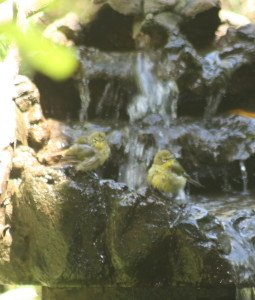Amidst these tumultuous times in South African cricket it does
seem like acting chief executive Jacques Faul and interim director of cricket
Graeme Smith have brought some stability, but it is vital that fans and
stakeholders of the game in this country do not forget the reasons for the
crisis that led to their appointments and the clarion call for the Cricket
South Africa board to stand down must still ring out loud and clear.
There is the danger that because of the sterling work done by
Faul and Smith, people think everything is suddenly hunky dory with South
African cricket. The battle against the Covid-19 pandemic has also provided a
timely distraction for the incompetent, self-serving board to hide behind.
But an expected loss of a billion rand and the poor governance
and thoroughly undemocratic behaviour of people like suspended CEO Thabang
Moroe and president Chris Nenzani happened on the board’s watch. Many of them
were active participants and supporters of #CricketCapture, the rest turned a
blind eye and were in breach of their fiduciary duties as directors.
So far, the board has shown no intention of accepting
accountability for their gross dereliction of duty to the game.
The big problem in South African cricket, however, is that the
governance structure is all wrong and that makes getting rid of the parasites
on the board a tough task.
The problem dates back to 2013 and CSA’s reaction to the Gerald
Majola Bonus Scandal and the Nicholson Commission’s findings which eventually
forced the board to get rid of the then chief executive. But CSA did not follow
the commission’s recommendation that independent directors make up the majority
on the board. Instead, CSA implemented a new system where five independent
directors were elected on to the board alongside seven non-independent
directors.
Those seven non-independent directors also sit on the Members
Council, a 14-member group that elects the board and, according to CSA’s
Memorandum of Incorporation, is the only structure that can dissolve the board.
The seven non-independents are elected from the 12 provincial
presidents and CSA also devised a system whereby provincial presidents sit on
the Members Council for three years, and can also serve a second three-year
term.
So you can see the problem?
With the resignation of Gauteng’s Jack Madiseng as a director,
six of the seven non-independent board members also sit on the Members Council
that will vote on their fate. So it means at least seven provincial presidents
have to vote against them.
But many of those provincial presidents have been part of the
problem because they sit on the Members Council for three years. The old saying
of turkeys voting for Christmas springs to mind.
A quick survey of the 12 provinces suggests four that would
probably vote for change – Gauteng (Madiseng) and KwaZulu-Natal (Ben Dladla)
apparently have their mandates already, North-West are currently under the
administration of Archie Pretorius, one of Majola’s critics who was kicked off
the board during the 2013 sham, and Western Province, who have a new president
in Nic Kock, an advocate who has not been scared to take on CSA already in his
short term in charge at Newlands.
But Eastern Province are led by a massive supporter of the
Moroe/Nenzani axis in Donovan May, Boland have also been a backer through their
president, Angelo Carolissen, although his second three-year term should be
coming to an end soon. Border have a new president in Simphiwe Ndzundzu but sympathy for Nenzani would be understandable
because he comes from the Bisho area.
South-Western Districts also have a
long-serving president in Rudi Claassen, as do Free State (Zola Thamae, one of
the directors) and Northern Cape (Rihan Richards). Northerns seem unsure of how
to vote, mostly because their president, Tebogo Siko, has been newly elected on
to the board and should not be blamed for the crisis. Easterns also
have a new, young president in Xolani Peter Vonya.
Nenzani and his vice-president Beresford Williams, who has also
strongly supported the regime, also have votes on the Members Council.
So because clubs wanting change in some provinces still have to wait two more years before they can outvote their president, change will be slow in coming via the traditional route.
Which is why I would call on any angel investors looking to get
involved with Cricket South Africa to stipulate in their contracts that their
sponsorships are dependent on the board changing.
And companies like Momentum need to follow through on their
earlier ultimatums that they will withdraw their support unless the CSA board
resign.
What will hopefully become a new era in South African cricket administration also desperately needs a change in governance structure so we don’t get into this sort of mess again. They had a chance in 2013 to get it right, hopefully in 2020 that chance will be taken and not dropped like a sitter at mid-off.
https://citizen.co.za/sport/sport-columnists/2265248/cricket-south-africa-clean-up-should-extend-to-the-board/


